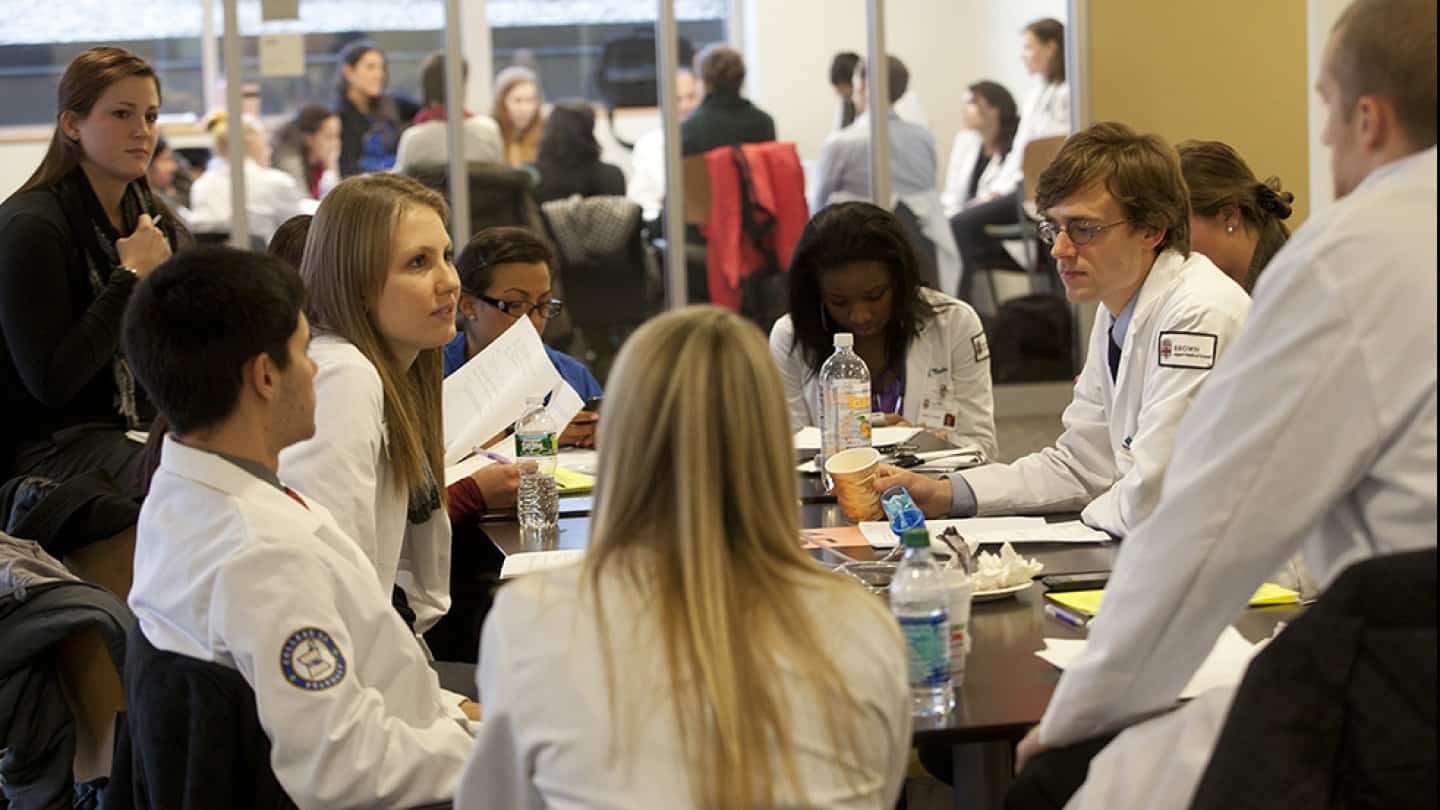The medical school represents a significant investment in a student’s future. However, a common question that many potential medical students have is whether or not they will receive compensation or a salary during their studies.

Do you get paid during medical school?
No, students will not be paid during medical school. However, if they work part-time jobs in medical institutions after class, they can receive part-time salaries.
Also, managing student loans with a fellowship can be challenging as it’s vital to be efficient in saving money to create an ideal financial situation. A fellowship student might not devote much time to finances, but some intelligent techniques can make a lot of difference. Here’s what can be done with the salary of a fellowship doctor in the USA.
Medical students do not typically receive a standard salary or income directly from their medical school or during their studies. However, this does not necessarily mean that students have no financial options during this time. Below is a more detailed explanation.
Medical School and Tuition
Medical school is a professional graduate program similar to law or business school. Like those programs, students are required to pay tuition for medical school. In the United States, medical school tuition can often be substantial, potentially amounting to tens of thousands of dollars per year, depending on the institution and whether it’s public or private.
Financial Aid
Many medical students utilize various forms of financial aid to help manage these costs. This could include scholarships, grants, or loans. Scholarships and grants are often merit-based or need-based and do not need to be repaid. On the other hand, loans must be repaid, typically starting after the student has graduated and begun earning a salary.
Part-Time Work
While medical school doesn’t pay students a salary, some students might work part-time during their studies. This could be in a medical institution, a research lab, or another setting. These jobs can help students earn money to offset some of their costs. However, medical school is notoriously demanding, and many students might struggle to balance work and their studies effectively. As such, part-time work is not always a feasible option for all students.
Residency and Beyond
Once medical students graduate, they usually enter a period of residency, where they continue their training under the supervision of experienced doctors. Residents are typically paid a salary during this time, although it’s usually less than what a fully licensed and practicing physician would earn.
After their residency, doctors can start practicing medicine independently or join a medical group. At this stage, they will earn a complete physician’s salary. However, it’s important to note that this is typically several years after starting medical school. Moreover, many doctors at this stage might also begin to repay any loans they took out during their studies.
You can learn about the Fellowship Doctor Salary in our articles and see the Pediatric Surgery Fellowships List. I answered Do You Get Paid During Medical School and, Overall, Do You Get Paid During the Fellowship? Please read How Long Is Pediatric Surgery Fellowship and understand the differences between Residency vs. Fellowship.
Conclusion
In conclusion, medical school students do not receive a salary during their studies, and they typically bear the costs of tuition and living expenses. Financial aid options, such as scholarships, grants, and loans, are often used to help manage these costs. Some students might also work part-time, but balancing this with their studies can be challenging. Only after several years of study, once students become residents and eventually fully licensed physicians, will they begin to earn a medical salary. Despite the financial challenges, many students find the investment worthwhile for the opportunity to practice medicine.
